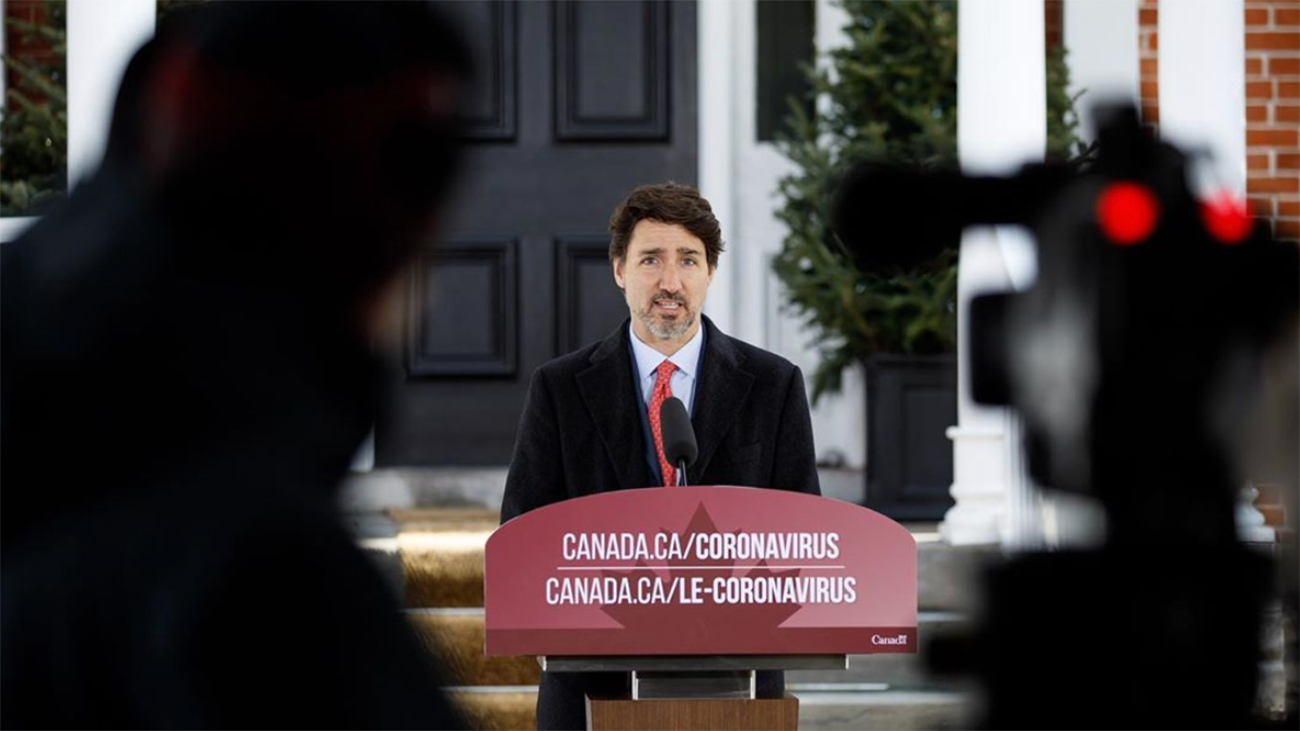
A new report indicates that the Liberal government’s commitment to drop wireless prices by 25 percent isn’t exactly what was promised.
In August of 2019, the re-elected Liberal government campaigned to cut the cost of wireless services by 25 percent over the next two years by using its regulatory powers, which would save an average family of four nearly $1,000 per year.
According to The Wire Report, Innovation Canada told the Privy Council Office (PCO) that the 25 percent drop would happen organically. Effectively, it won’t actually save Canadians the average of $1,000 a year that the Liberals promised.
According to a PCO analyst, the reason for this is that while the Liberal government’s promise targets plans that offer a specific, mid-range data allowance, Canadians want larger plans, wrote The Wire Report.
“ISED estimates the commitment of a 25 percent price decline per gigabyte (GB), over the course of the mandate, will occur organically without intervention beyond measures the government is already taking and therefore, continuing with status quo measures is expected to achieve the desired result,” said analyst Margarete Ling in an email that follows conversations with Innovation, Science and Economic Development Canada (ISED).
The email exchange took place days after the 2019 federal election where the Liberal government campaigned for the 25 percent price drop.
However, the campaign promise was based on a 5GB plan, and globally, customers can now get a 5GB plan for the price of a 2GB plan a few years ago, according to the email.
But at the same time, data consumption is increasing. Canadians want higher gigabyte plans, which means that the $1,000 per year savings is unlikely.
“As well, Canadians may not be in a position to realize savings within the lifecycle of their current contracts. Prices might drop, but they are locked in,” reads the email.
In March, the Liberal government focused its commitment on 2GB to 6GB post-paid plans from the Big Three carriers, including Telus, Rogers and Bell, and it had launched a tracker to monitor these prices back in July.
Further, Innovation Minister Navdeep Bains said in March that the government selected these mid-range plans because they haven’t experienced a price decline like high-end plans. For instance, the annual pricing report indicated that plans for 10GB of data decreased by 31 percent in the summer of 2019.
The emails also featured partially-redacted attached documents that analyze the election promises.
A more detailed look at the documents can be found on The Wire Report.
MobileSyrup may earn a commission from purchases made via our links, which helps fund the journalism we provide free on our website. These links do not influence our editorial content. Support us here.


